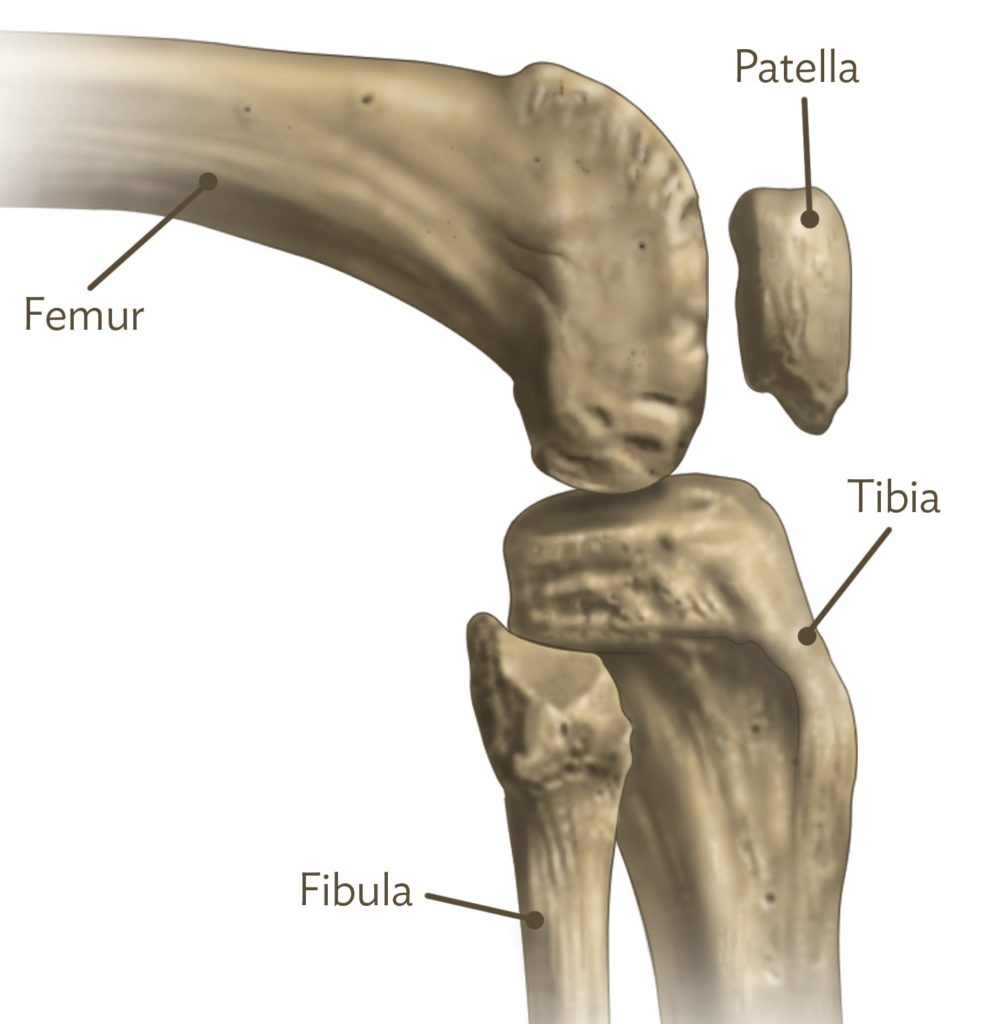Total knee replacement (also called knee arthroplasty) is a common orthopedic procedure used to replace the damaged or worn surfaces of the knee. Replacing these surfaces with an implant, or prosthesis, will relieve pain and increase mobility, allowing you to return to your normal, everyday activities.
A total knee replacement is really a cartilage replacement with an artificial surface. The knee itself isn’t replaced, as is commonly thought; rather, an artificial substitute for the cartilage is inserted on the end of the bones. This is done with a metal alloy on the femur, and a plastic spacer on the tibia and kneecap or patella. This creates a new, smooth cushion and a painless, functioning joint.
Source: American Academy of Orthopaedic Surgeons

What to expect
Most surgeries go well without any complications; however, results will vary depending on the quality of the surrounding tissue, the severity of your arthritis at the time of surgery, your activity level and how well you follow your doctor’s instructions. Most knee patients will be hospitalized from one to two days after surgery. We recommend you use a walker, cane or crutches for about six weeks, as well as participate in physical therapy for as long as your doctor says it is appropriate.
